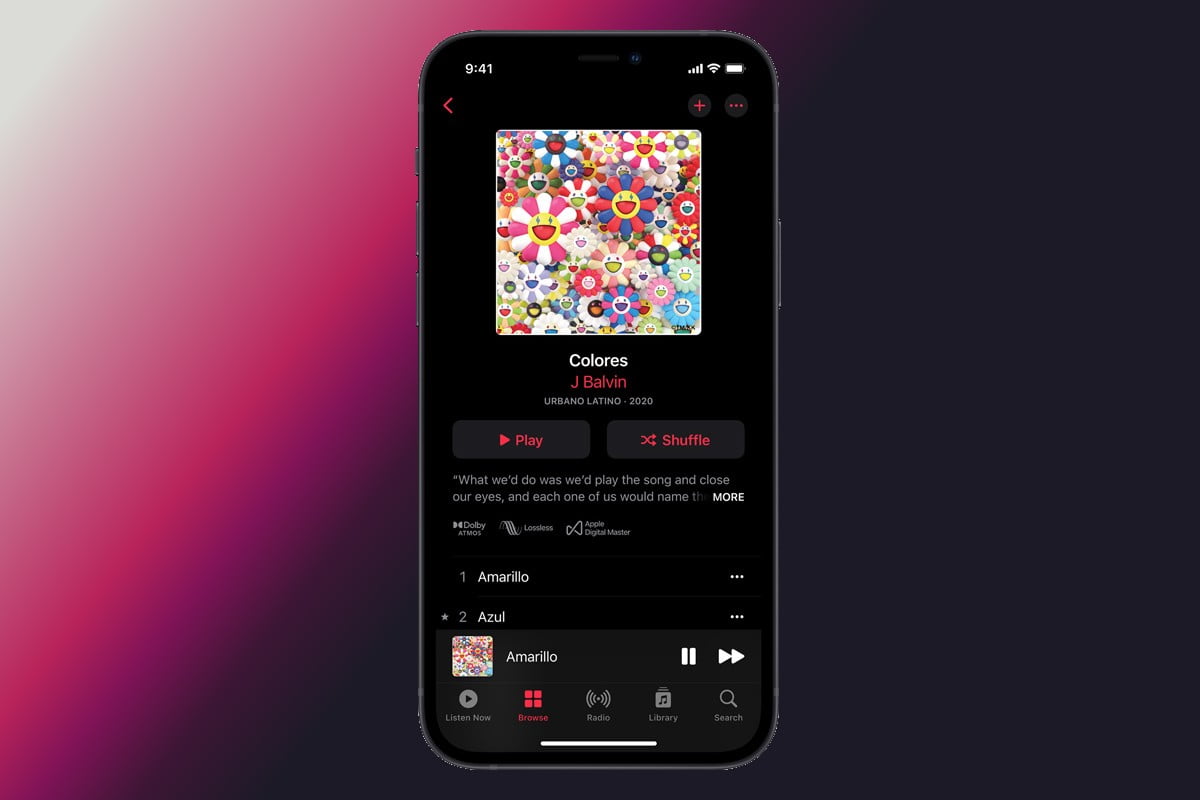Apple has recently announced two new features for Apple Music to enhance the audio experience of the subscriber. According to the company, the music streaming platform will start offering lossless audio and spatial audio with Dolby Atmos from early June. However, there is a piece of bad news for the AirPods, AirPods Pro, and AirPods Max users. It has been reported that the best headphones from the brand will not support the lossless audio feature. Let’s have a closer look at the latest news about the newly announced Apple Music features.
Lossless Audio Feature will Ditch Apple Headphones
According to the report, none of the Apple audio devices will support Lossless audio. Apple audio devices will include the AirPods, AirPods Max and the AirPods Pro. The report suggests that Apple’s existing audio devices will not be able to receive the high quality of lossless audio feature, because the hardware available on the existing headphones are not compatible with the feature. Apple claims that the Lossless audio feature encaptures the audio details as it is recorded at the time of production. It provides high quality of audio in bigger file size, usually, the normal audio file ranges from 16-bit 44.1 kHz playback to 24-bits 48 kHz playback. On the other hand, the Hi-res Lossless audio comes with 24at 192 kHz. As per the company’s official blog post, Apple Music offers a catalogue of over 75 million songs available in Lossless Audio. The company claims that it uses ALAC (Apple Lossless Audio Codec) to take care of every single bit of the original audio file. This means that the subscriber will be able to listen to the same music which was created by the artists in the recording studio. Just to let you know Apple AirPods, AirPods Pro, and AirPods Max uses Bluetooth AAC codec when paired with an iPhone and it doesn’t support ALAC format which makes it incompatible with the Lossless audio feature. The connectivity codec will not be able to transfer the full quality files to all three audio devices. It seems Apple needs to think about this and launch an audio device that supports this amazing feature.
